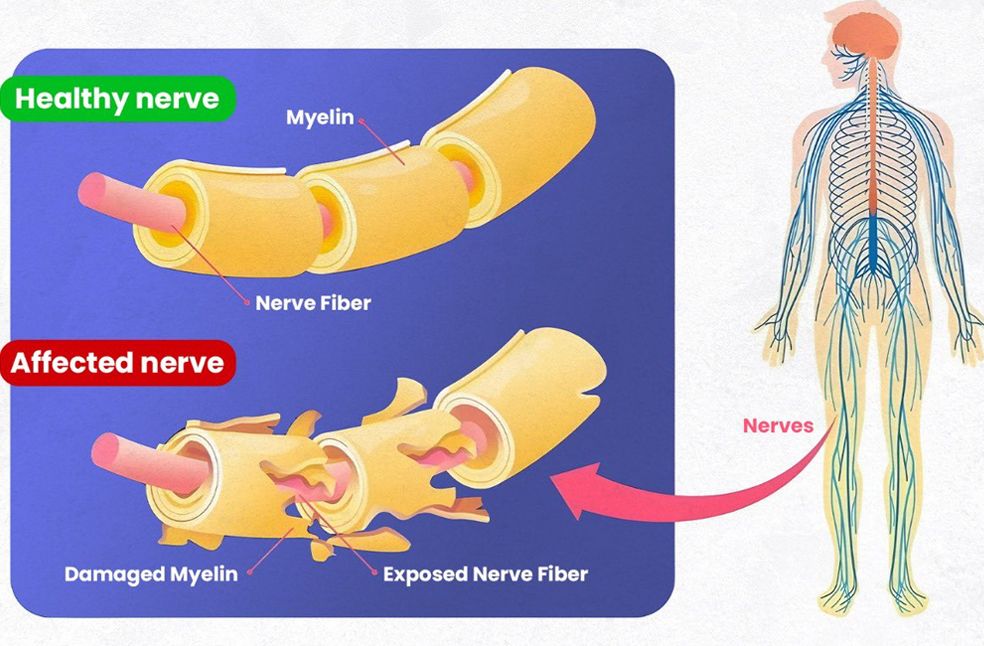Pune, India: Since January, Pune has reported approximately 160 cases of Guillain-Barré Syndrome (GBS), with five suspected deaths.
Currently, 48 patients remain in intensive care, 21 require ventilators, and 38 have been discharged.
What is GBS?
GBS typically begins with tingling or numbness in the limbs, progressing to weakness over weeks. Mortality rates range from 3% to 13%, depending on severity and healthcare access.
Health experts trace the outbreak to Campylobacter jejuni, a common foodborne pathogen and the leading global cause of GBS. Research has previously linked GBS to this bacterium in rural China, particularly during monsoons when children played in water contaminated by poultry droppings.
In India, a study at NIMHANS found Campylobacter in a third of GBS patients, often alongside other infections, suggesting a complex bacterial interplay.
Similar outbreaks have occurred worldwide. In Peru, a 2023 GBS outbreak led to over 200 suspected cases and four deaths, prompting a national health emergency. While Campylobacter is a primary trigger, respiratory infections, viruses like Zika, and even rare vaccine reactions have also been linked to GBS.
Professor Hugh Willison from the University of Glasgow explains that Campylobacter is widespread, but only certain strains contain a sugar-coated outer layer that mimics human nerve cells.

In rare cases, the immune system, while attacking the bacteria, mistakenly targets nerves—a process called molecular mimicry—causing GBS. Scientists estimate that only 1% of Campylobacter strains carry this risk, and about 1 in 100 infected individuals develop the syndrome, making the overall risk about 1 in 10,000.
Despite its severity, there is no cure for GBS. Treatments include plasma exchange to remove harmful antibodies and intravenous immunoglobulin (IVIG) to mitigate symptoms. Diagnosis is challenging, as GBS symptoms overlap with other neurological conditions, and rural healthcare systems may struggle with timely identification.
In response, WHO teams are assisting Pune’s health authorities in tracing, testing, and monitoring cases. They are on the ground training health workforce to trace and test suspected cases, and support health authorities analyze epidemiological trends.
Over 60,000 households have been surveyed, 160 water samples tested, and residents urged to consume only boiled water and well-cooked food, particularly avoiding undercooked poultry.
While most GBS cases worldwide stem from contaminated poultry, waterborne transmission remains a concern, particularly through street food.
Authorities continue to investigate whether the outbreak stems from widespread water contamination or infected poultry consumption. Special hospital wards have been established for GBS patients, and public advisories aim to prevent panic. However, with uncertainty surrounding the outbreak’s exact cause, concerns remain high in Pune.



